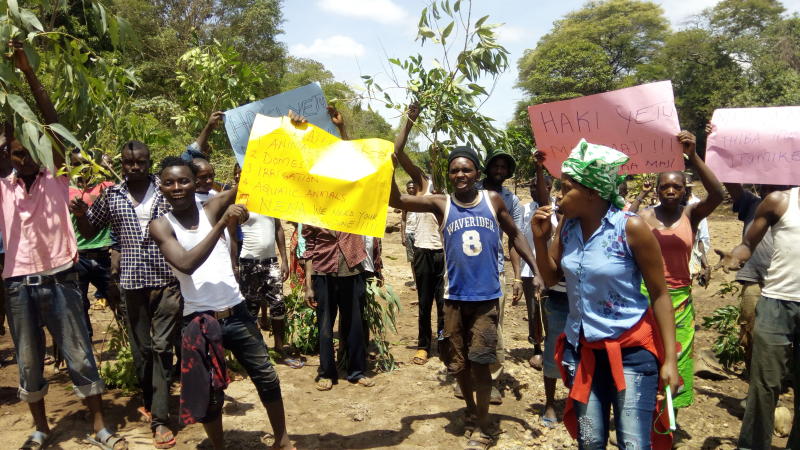×
The Standard e-Paper
Kenya’s Boldest Voice

A dispute has arisen between some residents of Embu and Kirinyaga counties over use of the dwindling water from River Thiba.
On Wednesday, residents of Makima in Embu County held day-long demonstrations along River Thiba to protest diversion of the water.